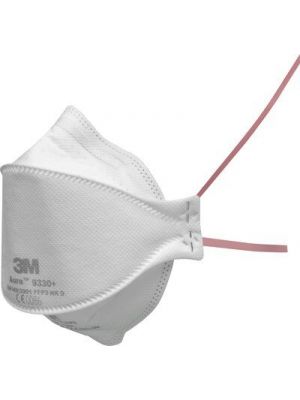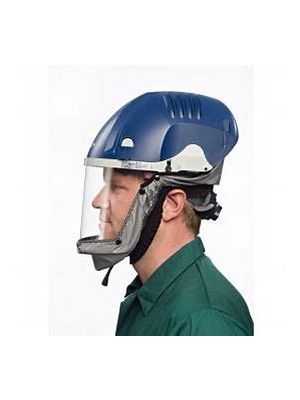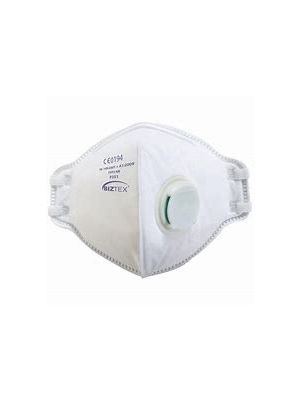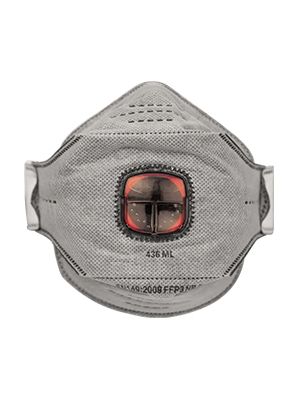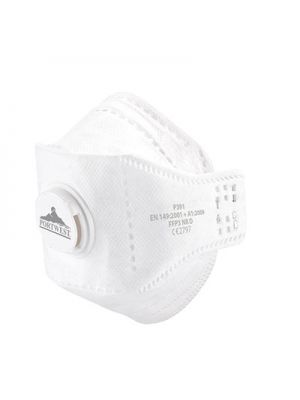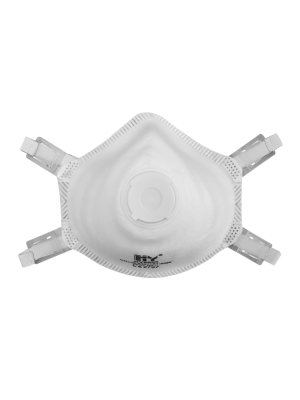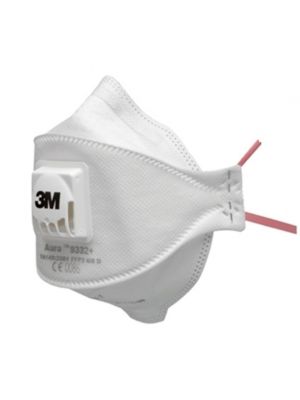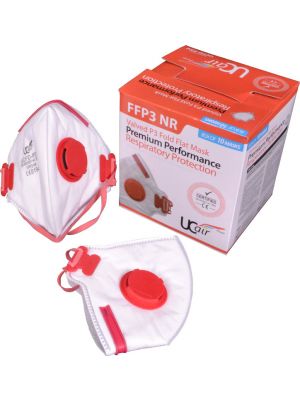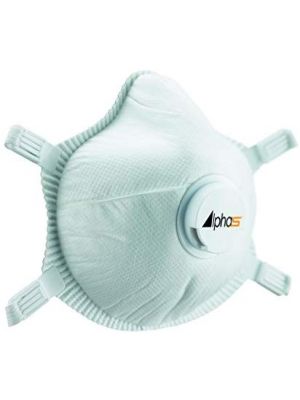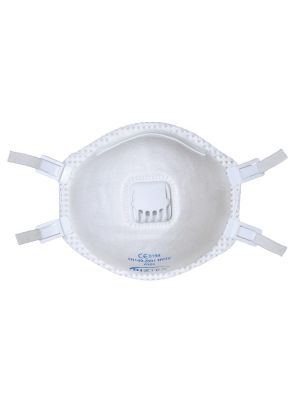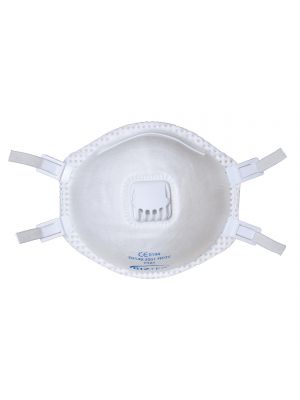What is an FFP3 mask?
This grade of protective mask provides a level of protection APF x 20 TLV and filter efficiency of at least 98%. It is the highest grade of protection available in the UK. These can either be in the form of a disposable mask or a reusable mask with the correct P3 filter. The reusable mask could be a half mask such as the Sundstrom SR100 & P3 filter or a full face mask such as the Force 10. The full face mask offers an increased level of protection when used with a P3 filter (40APF)
What is FFP3 protection?
FFP3 protection is the highest level of protection available in the UK with filters providing 99% filtration efficiency with APF 20 TLV protection. These masks will protect down to particle sizes of 0.3 microns (The size of a virus)
Is P3 the same as FFP3?
P3 is a term that is used more for filters and provides the same level of protection as FFP3. Both will provide an APF 20 and filter efficiency from 0.3 microns. The American terminology for the same protective mask is the N100 mask.
What are FFP3 Face Masks used for?
FFP3 respiratory masks are used in dangerous environments providing the highest level of protection at APF 20x TLV. They are used for protection against viruses, asbestos fibers, silica dust aerosols etc.
What is the difference between FFP2 & FFP3?
FFP3 respirator masks provide a far higher level of protection than FFP2 masks. FFP2 masks protect from slightly toxic or irritating solid aerosols & liquids at 94% filtration offering an APF 10x TLV. The highest grade of protection offered by a disposable mask is graded as FFP3 providing 99% particulate filtration with an APF 20 x TLV and protection from highly toxic materials.
FFP3 grade masks (P3) (N100) tend to be used in more dangerous environments where the highest level of protection is required. It will stock particles as small as 0.3 microns whereas an FFP2 mask protects from particle sizes upwards of 2-5 microns.
When deciding between using them take into account is the hazard slightly toxic or highly toxic. For protection against viruses, only FFP3 Respirator masks should be used.
Is FFP3 the same as P3?
Both offer the same protection level. FFP3 refers to disposable masks, P3 is the same protection level provided by filters. The American equivalent is the N100 grade.
What jobs would use an FFP3 Face Mask?
These face masks provide the highest level of protection. Examples of jobs requiring FFP3 Respirator masks would be Pharmaceutical, Healthcare, Construction, Groundworks, Healthcare, Powder coating & low-grade asbestos work. Primary & Secondary Care including all key workers requiring the correct grade of protection against Covid.
Would an FFP3 Masks protect me against viruses?
The HSE (Health & Safety Executive) recommends the use of protective masks classified as FFP3 respirators against viruses. This is the highest level of respiratory mask available with a protection level of at least 20 APF. This is the only protective grade that will protect to an adequate level against a virus with the filter media able to filter down to circa 0.03 microns (Size of a Virus)
What is the Best Antiviral Mask?
The masks that we have selected in our range will protect against viruses, however, we have a number of favorites, our most popular antiviral mask, & most popular valved antiviral respirator.
What is the difference between a Surgical face Mask and an FFP3 respirator?
Surgical masks are classified as loose-fitting facepieces because they leave gaps around the face. They provide very limited protection and would only reduce the level of covid load the user was exposed to however only an FFP3 respirator as recommended by the World Health Organisation (WHO) should be used for protection against viruses. An FFP3 mask (Tight-fitting facepiece) is when conducting infectious aerosol-generating procedures.
Normal cloth face pieces made out of clothing offer no / limited protection.
What is the difference between a Non-Valved FFP3 Face Mask & a Valved FFP3 Face Mask?
FFP3's both valved & non-valved face masks provide the same protection. The valve on the mask makes it more comfortable when wearing for a longer time. The air exhaled is unfiltered. The mask without valve filters both inhaled and exhaled air protection both user and those nearby.
Are there any recent Research Studies regarding mask protection against Covid 19?
When Addenbrookes Hospital Cambridge upgraded their face masks for staff exposed to high levels of Covid load to P3 filtering facepieces (FFP3 Respirators), the hospital saw a 100% fall in hospital-acquired Sars-Cov-2 infection. To read more on the Addenbrookes FFP3 Mask Research & British Medical Journal Report.


